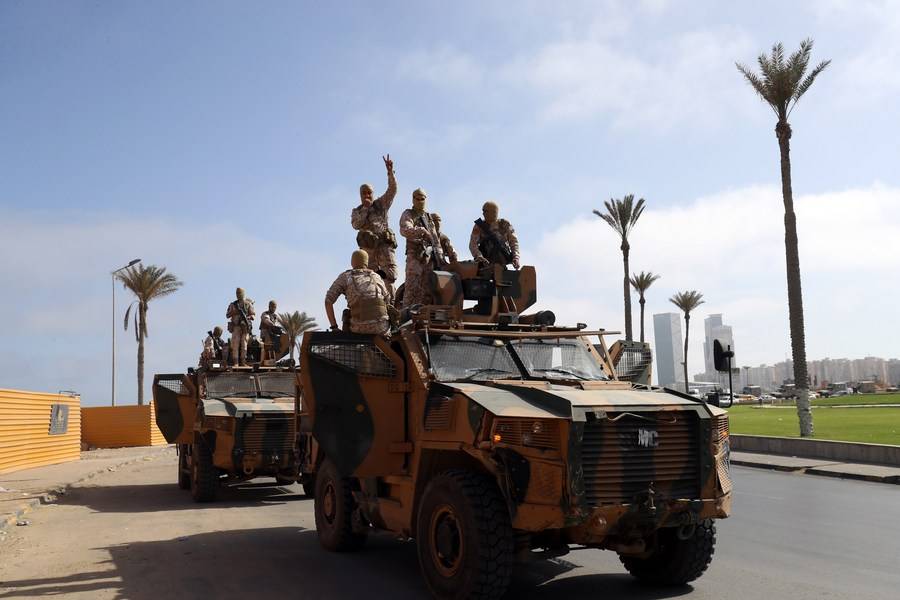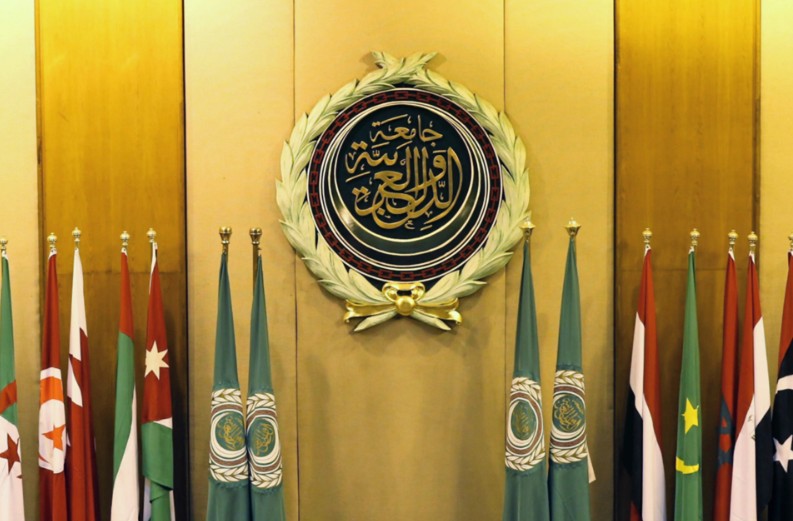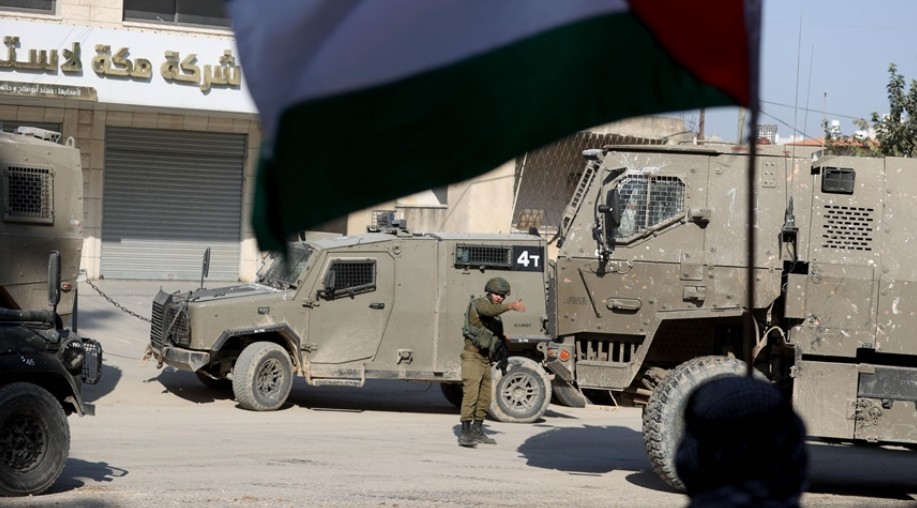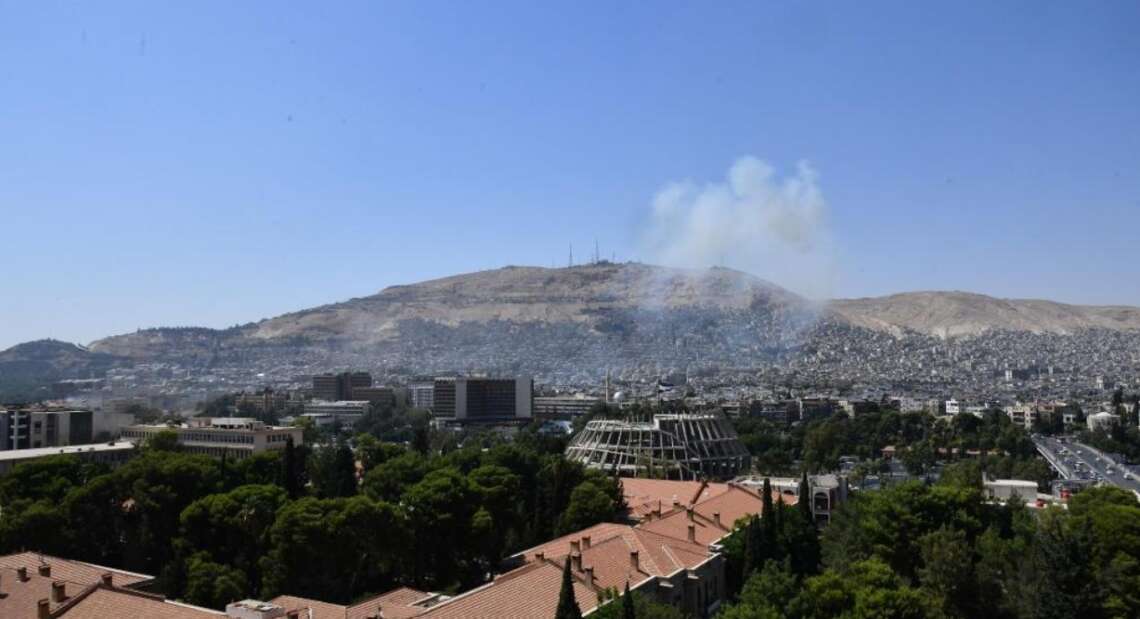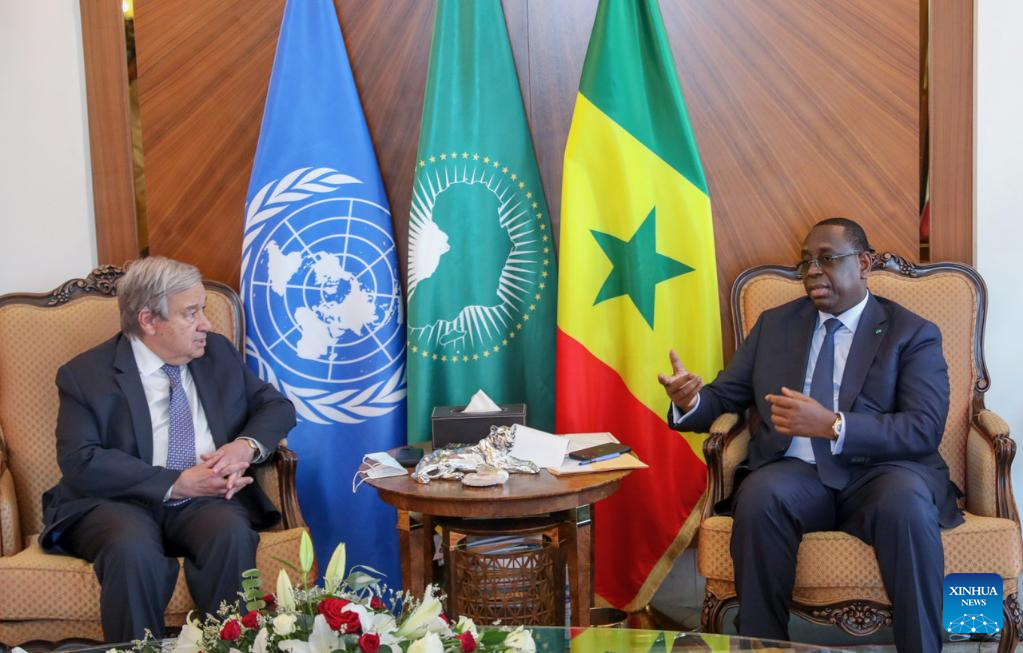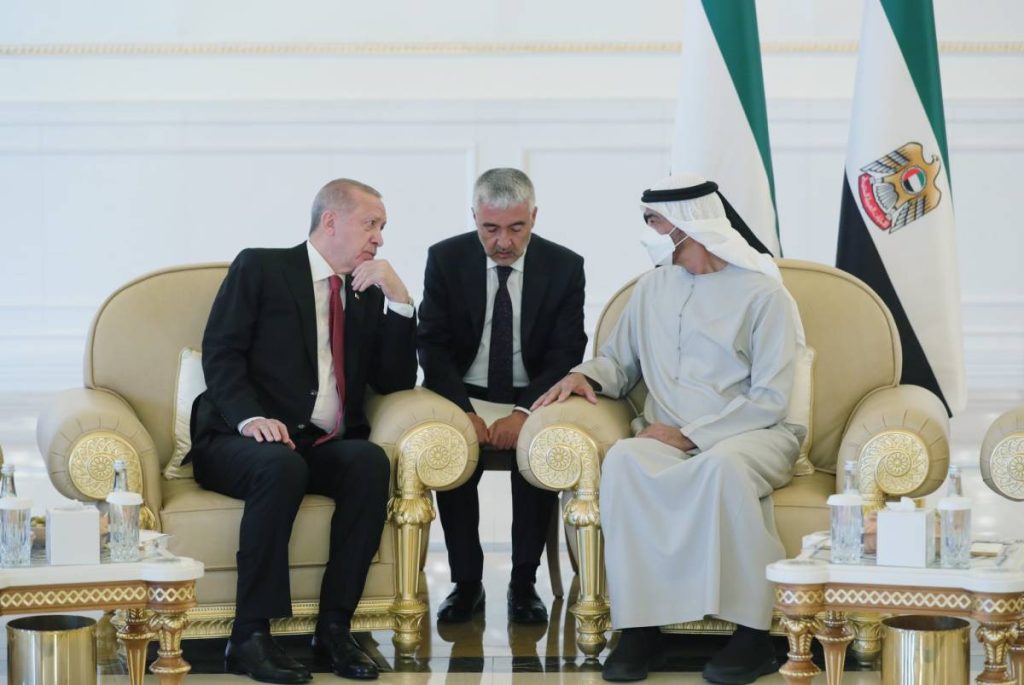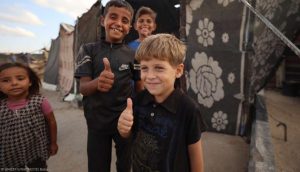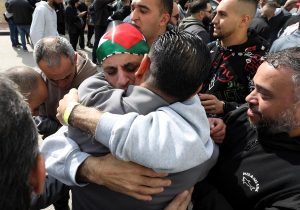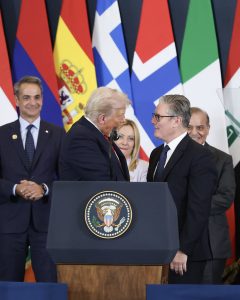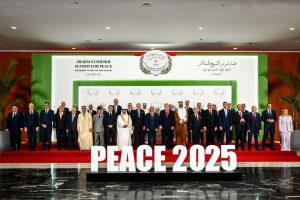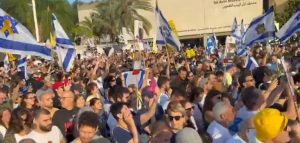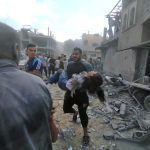Arab League Secretary-General Ahmed Aboul-Gheit on Tuesday urged all parties in Libya to exercise self-restraint as a series of armed clashes broke out in the country’s capital recently
Arab League Secretary-General Ahmed Aboul-Gheit on Tuesday urged all parties in Libya to exercise self-restraint as a series of armed clashes broke out in the country’s capital recently.
In a statement, Aboul-Gheit highlighted the need to hold national elections at the earliest opportunity, calling for “preserving the cease-fire agreement to prevent … more human and material losses.”
“Holding elections is the only way to end the protracted transitional stages and renew the legitimacy of institutions in a way that ensures Libya’s stability and construction,” he said.
In a separate statement, the Egyptian foreign ministry also urged all Libyan parties to refrain from any steps that may fuel violence.
“Dialogue is necessary for holding legislative and presidential elections with no delay,” the ministry said.
Clashes erupted across different areas in Libya’s capital Tripoli between armed groups affiliated with Fathi Bashagha who heads the new government approved by the Libyan parliament, and others supported by the provisional Government of National Unity headed by Prime Minister Abdul-Hamid Dbeibah, according to local residents.
On Sunday, clashes broke out between armed groups that involved indiscriminate fire and alleged use of heavy weapons in Janzour area, a densely populated neighborhood in Tripoli.
Libya has been suffering political instability and chaos ever since the fall of the late leader Muammar Gaddafi’s regime in 2011.
The United Nations Support Mission in Libya (UNSMIL) expressed concern about clashes that took place west of Libyan capital Tripoli on Sunday between armed groups.
“The UNSMIL expresses its serious concern about armed clashes on May 15 that involved indiscriminate fire and the alleged use of heavy weapons in Janzour area, a densely populated neighbourhood in Tripoli,” said the Mission in a statement.
“The current mobilization of forces affiliated with different armed groups increases tensions and risk of clashes that could spiral into armed conflict,” added the statement.
The Mission called on all parties in Libya to exercise maximum restraint and to use dialogue to resolve contentious issues, fulfilling their obligations to protect civilians and infrastructure.
Clashes erupted in different parts of Libya’s capital Tripoli on Tuesday after the parliament-approved government, headed by Fathi Bashagha, entered the city, forcing the new prime minister to leave the capital just hours after arrival.
Earlier in the day, Bashagha, accompanied by a number of ministers, arrived in Tripoli “in preparation for the start of his government’s work there,” according to a statement by the new government’s information office.
Shortly afterward, clashes erupted across central Tripoli between armed groups affiliated with Bashagha’s government and others supported by the provisional Government of National Unity headed by Prime Minister Abdul-Hamid Dbeibah, according to local residents.
No information is available about casualties yet.
The Government of National Unity on Tuesday condemned the entry, describing it as an “illegal armed group” attempting to enter the capital.
“The residents of the capital Tripoli were surprised today to see an illegal armed group attempting to sneak into Tripoli at night, desperately trying to spread panic and chaos with the use of weapons and violence,” the Government of National Unity said in a statement.
ALSO READ: Arab League Council holds memorial for Sheikh Khalifa
The government also demanded all international parties condemn “those acts and consider who commits them not fit to be a part of any political dialogue.”
Stephanie Williams, special adviser to the UN Secretary-General on Libya, on Tuesday stressed the need to preserve calm on the ground and to protect civilians.
“Conflict cannot be solved with violence, but with dialogue and mediation, and to this end, the good offices of the United Nations remain available to all parties who believe in helping Libya find a genuine, consensual way forward toward stability and elections,” Williams said.
Bashagha’s government was appointed by the House of Representatives in February. However, Dbeibah refuses to hand over power, saying his government would continue working and only hand over office to an elected government.

